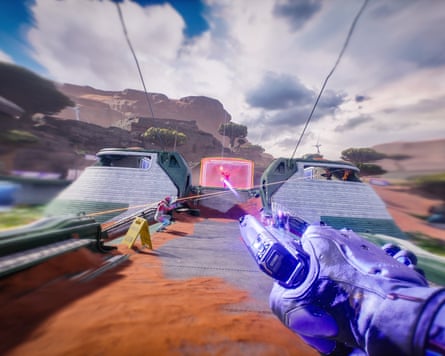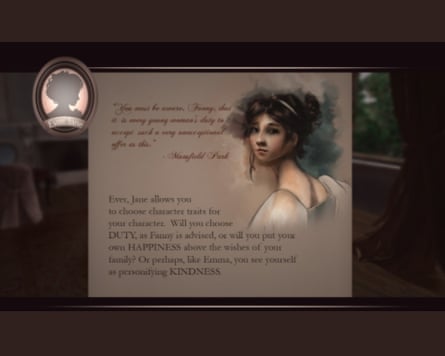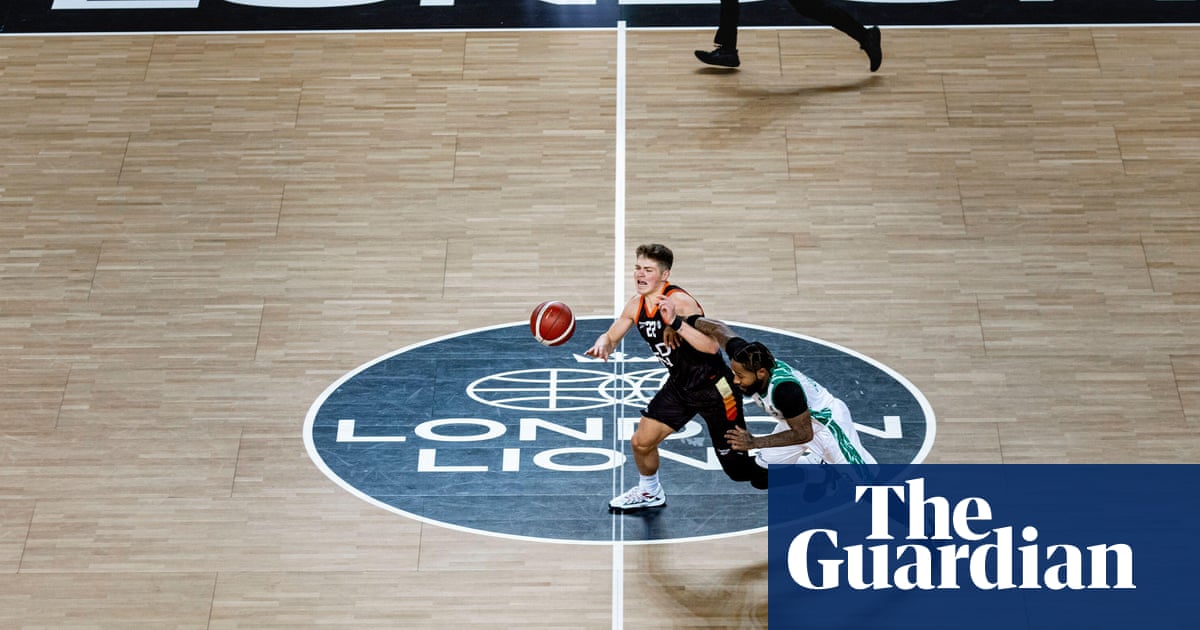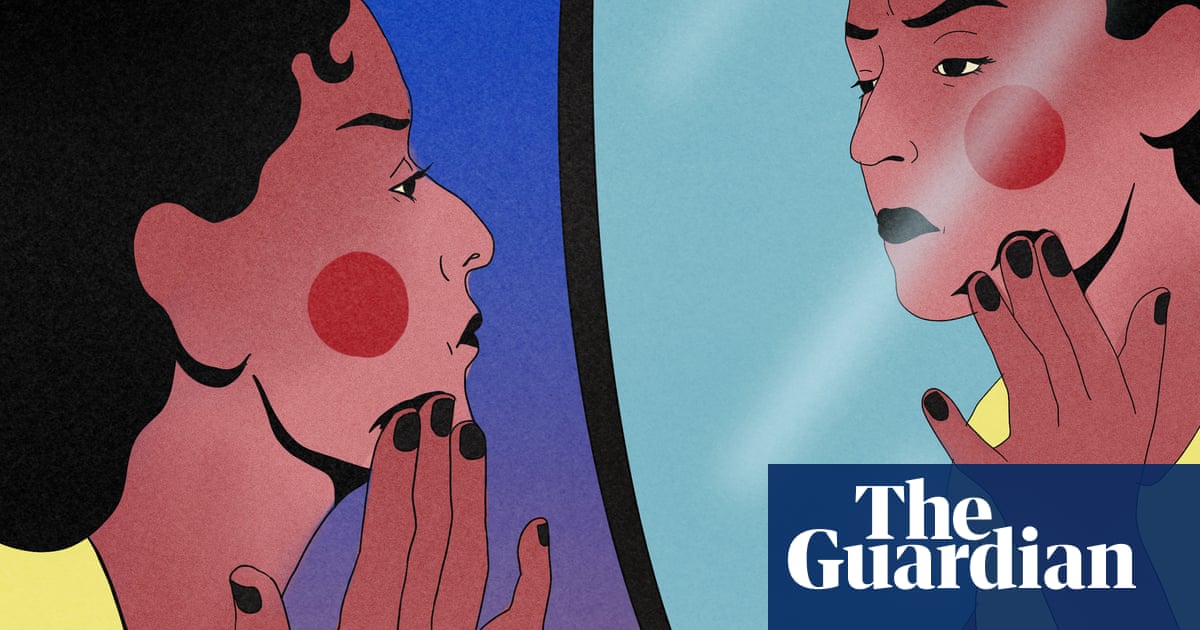One thing most game developers can agree on in the modern industry is that it’s hard to drum up any awareness for your latest project without a mammoth marketing budget. Last year, almost 20,000 new titles were released on the PC gaming platform Steam alone, the majority disappearing into the content blackhole that is the internet. So when a smaller studio is offered the chance to get on the stage at the Summer Games Fest, an event streamed live to a global audience of around 50 million people, it’s a big deal. Not something that you want to spectacularly misjudge.
Enter Ian Proulx, cofounder of 1047 Games. His short slot at the event earlier this month had him walking on stage with a baseball bat to promote the online shooter Splitgate 2 by announcing that he was “tired of playing the same Call of Duty every year”, while wearing a cap bearing the slogan “Make FPS great again”. It did not go well. Gamers and fellow developers criticised his decision to diss another studio’s game as well as his politically charged use of a Maga/Trump meme, especially with anti-ICE protesters being beaten and arrested just across town. Proulx defended his actions, denying that his use of the cap slogan was political, but four days later he made an apology via X explaining: “We needed something to grab attention, and the honest truth is, we tried to think of something and this is what we came up with.”
What Proulx failed to anticipate is that in the fast-paced meme culture of 2025, context, nuance and sociopolitical intricacy are vital and constantly changing. You can’t simply put on a cheeky grin and appropriate whatever signs and symbols are floating around 4Chan – look at Elon Musk and how embarrassingly dated his mid-2000s edgelord shtick has become. You can’t deploy the Maga anthem without contextualising it; and you definitely can’t claim to be the cutting edge saviour of the FPS while promoting not only a sequel but a battle royale mode of all things. In 2025 – are you kidding?

I don’t know the exact situation at 1047 Games, but I’ve visited hundreds of game development studios all over the world. No matter how progressive they want to appear, there is often, at the very top, a familiar monoculture of middle-class men of a certain age, with certain tastes, who can sometimes overlook the fact that their experiences and views might not reflect those of everybody else. Proulx said something telling: “We tried to think of something and this is what we came up with.” In the boardroom, surrounded by likeminded pals, it probably seemed like a laugh, but perhaps they should have checked with someone else first.
Splitgate 2 is now in the unfortunate position where a portion of its potential customers were turned off by this ill-judged Maga bit, and an entirely separate portion hate that Proulx apologised for it, thereby capitulating to the woke mind virus. Multiplayer games rely on an engaged community to spread the word about them, so this is very much not ideal.
There are smarter things Proulx could have done on that stage with his 30 seconds of fame. When you look back at greatest E3 moments of years gone by, the memorable spectacles have been positive: former Xbox chief Peter Moore and his Halo 2 tattoo; game artist and director Ikumi Nakamura charming the whole world with her unguarded enthusiasm for Ghostwire: Protocol; actor Keanu Reeves shouting, “You’re breathtaking!” at an audience member during the Cyberpunk 2077 stage show; Swedish developer Martin Sahlin tearing up talking about the platform game Unravel. In a culture heavy with faux machismo and attitude, these charming, funny, daft moments broke through like shards of sunlight. You don’t need to take to the stage with a slogan or a baseball bat. The greatest asset you can wield in this highly digital, massively anonymised creative industry is humanity.
What to play

There are a few eye-catching games our this week, including Date Everything, a game in which you can flirt with your toaster; Tron: Catalyst, a novel take on Disney’s cyber-universe from Bithell Games of Subsurface Circular fame; and FBC: Firebreak, a three-player co-op spin-off from cult studio Remedy’s oeuvre.
I’m personally most interested in Rematch, however, an arcade-y 5-v-5 football game whose developers have clearly played a lot of Rocket League. Unlike EA Sports FC, you inhabit just the one player rather than the whole team, and all those players have the same flashy skills, so there’s none of the stats and strategy of EA Sports FC. In other words, this is a football game that you can enjoy without knowing much about football.
Available on: PC, PlayStation 5, Xbox
Estimated playtime: whatever you want to put into it
What to read

-
As part of the Guardian’s Pride month series about unexpected queer icons, Keza MacDonald wrote about the Zelda series’ Link as a non-binary icon; Jason Okundaye wrote about the divas of the fighting game genre; and Jordan Page wrote about the gender-playfulness of Pokémon. (Another, non-games-related favourite from this series: Lucy Knight on the perfect lesbian cookbook.)
-
While we’re on the subject, Guardian Games contributor Sarah Maria Griffin’s new novel Eat the Ones You Love, a wild queer romance about a cannibalistic plant, is out now.
-
The Nintendo Switch 2 sold 3.5m units in its first week, making it the fastest-selling Nintendo console and the biggest console launch of all time in the US and Japan.
-
Keza and I have chosen the best video games of 2025 so far, several of which we’ve rhapsodised about in issues of Pushing Buttons. Have you got a favourite that didn’t make the list? We’re collecting readers’ picks, too.
after newsletter promotion
What to click
-
Pragmata, the quirky science-fiction game that’s back from the dead
-
Beyond Mario Kart World: what else is worth playing on Nintendo Switch 2?
-
‘Addictive fear’: my goosebump-inducing first encounter with Resident Evil Requiem
-
Hong Kong police tell people not to download ‘secessionist’ mobile game
-
MindsEye – a dystopian future that plays like it’s from 2012 | ★★☆☆☆
Question Block

Reader Adam asks this week’s question:
“As an English literature student I very much enjoyed this week’s Pushing Buttons newsletter on the intersection of video games and Shakespeare, and it got me thinking - what other classic works of literature could be adapted well as video games, or what other classic authors could have written video games and in what genres? I’ve always thought Edmund Spenser’s 16th-century epic The Faerie Queene would make a great open-world game.”
Conveniently, as an English literature graduate myself, this is something to which I have given a lot of thought. In terms of classic works that would make great games, I’d play The Rime of the Ancient Mariner as a dark, rogue-like take on The Oregon Trail with the visual style of The Return of the Obra Din; I’d play Conrad’s Heart of Darkness as a Silent Hill-style psychological horror; or Pride and Prejudice as rules-heavy dating sim (we came enticingly close to this with the now sadly defunct multiplayer online game, Ever, Jane); both Tom Jones and Middlemarch would make incredible open-world adventures.
In the category of “historical writers who would now be game designers”, I would put two obvious candidates: Mary Shelley and HG Wells, writers who were interested in and profoundly inspired by science and technology. I’d also say Bertolt Brecht, a dramatist who used various technologies to capture the interest of popular audiences, and August Strindberg, who wrote plays, but also took photographs and dabbled in the occult. I could see him presenting some wild, densely symbolic role-playing adventure at the Summer Games Fest – and he wouldn’t need a baseball bat or a cap with a dumb slogan.
If you’ve got a question for Question Block – or anything else to say about the newsletter – email us on [email protected].

 5 hours ago
4
5 hours ago
4

















































